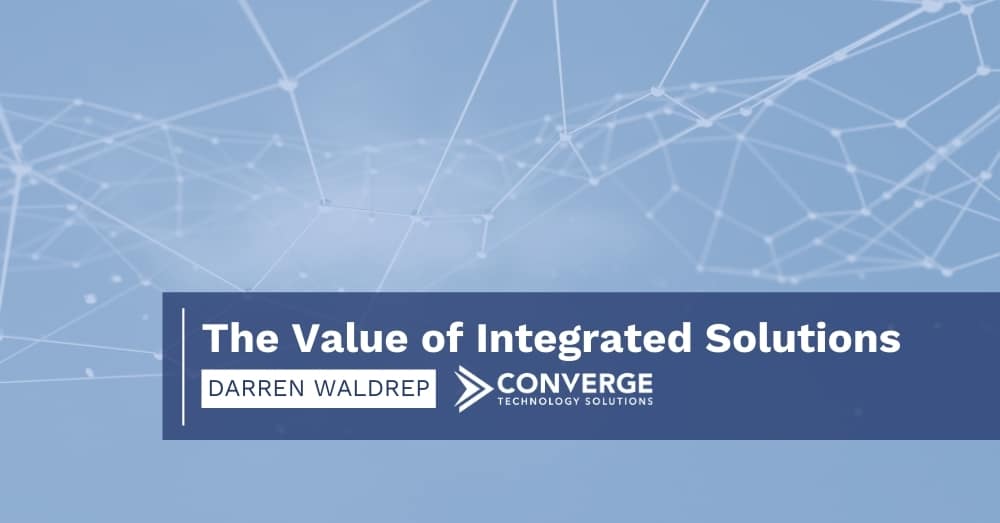2020 has been difficult for us all – professionally, personally, and on a societal basis. However, we’ve seen examples of how tailored, integrated solutions have been able to help customers navigate these challenging waters, by delivering complete solutions with fast time-to-value in areas that help them (or their end customers) continue or enhance their ability to operate in a digital/online manner. Some real examples include:
- Due to the explosion of telecommuting and the urgent necessity for virtual meetings, a cloud-based video platform provider experiencing 3X the demand for their solution was able to meet their needs through a tightly integrated “appliance” combining software, cloud services, and small form factor x86 servers
- A provider of voice, data, and unified communications services quickly leveraged its cloud native technology, coupled with 2U rack servers, to deliver a platform for DevOps, something their telco customers rely upon for fast service innovation and deployment
- As a result of the rapid uptick in use of online technologies and the corresponding increase in cyberattacks, threats, and vulnerabilities, a cybersecurity software provider crafted a unified data security platform combining their software, embedded middleware, and x86 servers available in various sizes and configurations
So, what exactly is an “integrated solution”? In this context, it is simply technology (servers, storage, networking, etc.) coupled with a point-specific solution, such as an application or service (i.e. the intellectual property that drives the need for the solution). It can be delivered in the form of a CAPEX “appliance” or via an OPEX managed service solution.
Such solutions can be purchased directly by end customers or through an ISV (independent software vendor, i.e. an application developer) or OEM (an organization that makes devices from component parts bought from other organizations) who specializes in creating integrated solutions themselves or with the help of an integrator. A solutions integrator is a firm that specializes in building (“integrating”) a complete solution, combining various components as mentioned above. These firms have unique facilities and capabilities such as building configurations, assembling the systems (“rack and stack”), application load and set-up, and quality-assured testing, to name a few.
The best solutions integrators are “full service”, meaning they can offload certain aspects from the customer or ISV. This offloading includes everything from purchasing the necessary hardware and software, to managing the logistics, such as the journey from warehouse to the end destination, wherever that may be. They also handle on-site deployment, turn-up, and testing. Plus, they should be focused on delivering a clear business outcome.
Ultimately, it is about the end customer. The integrated solution must deliver an optimal experience that helps the buyer achieve faster time-to-value and clear-cut benefits, which may include sales acceleration, improved performance/quality, and ease of deployment. In short, the solutions integrator should become the “easy button”, delivering straightforward value and enabling the customer to focus on their core business and enhance their brand image in the marketplace.





